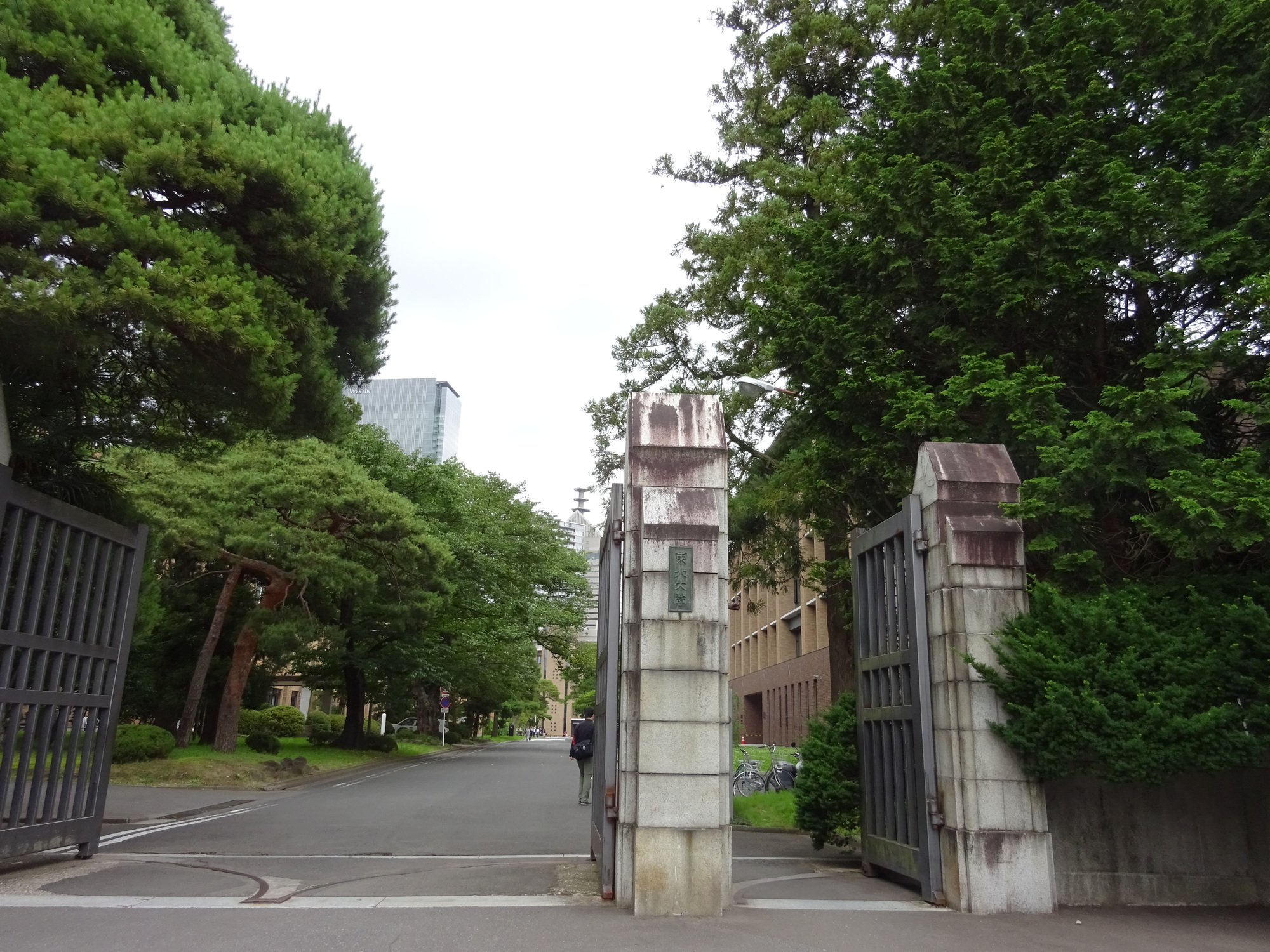"More than 4% of people who browse articles on the Internet intentionally avoid articles that correct information they believe."Research by Associate Professor Yuko Tanaka of the Nagoya Institute of Technology's Graduate School of Engineering has revealed this tendency.The research group believes that confirmation bias is the cause of such click-avoidance behavior, and that it is necessary to devise a communication method to share correction information more widely.
According to Nagoya Institute of Technology, in addition to Associate Professor Tanaka, the research group includes Associate Professor Miwa Inuzuka of Tokyo Gakugei University, Hiromi Arai, Unit Leader of RIKEN, Associate Professor Mizuo Kukita of Nagoya University, Professor Kentaro Inui of Tohoku University, and Takahashi. Specially appointed researcher Yongsi participated.
On the Internet, it is not uncommon for erroneous information to be published as articles on Internet media and shared by many people.Although the number of articles that fact-check incorrect information has increased little by little, by intentionally avoiding articles that correct information that a certain number of people once believed, the incorrect information continues to be believed.
The research group asked, ``Is it possible to selectively avoid clicking on corrected articles for misinformation you believe?'' If so, ``What are the characteristics of people who have a strong tendency to selectively avoid? I verified the question.Therefore, as a result of an experiment using a click behavior analysis index devised independently, it was found that 57% of participants intentionally click on corrected information, but 43% tend to intentionally avoid it.
The research group believes that this is because a certain number of people tend to look for information that matches what they believe and ignore information that does not match, known as confirmation bias.Therefore, there is a need for a social and technical mechanism that makes the correction information effective.


